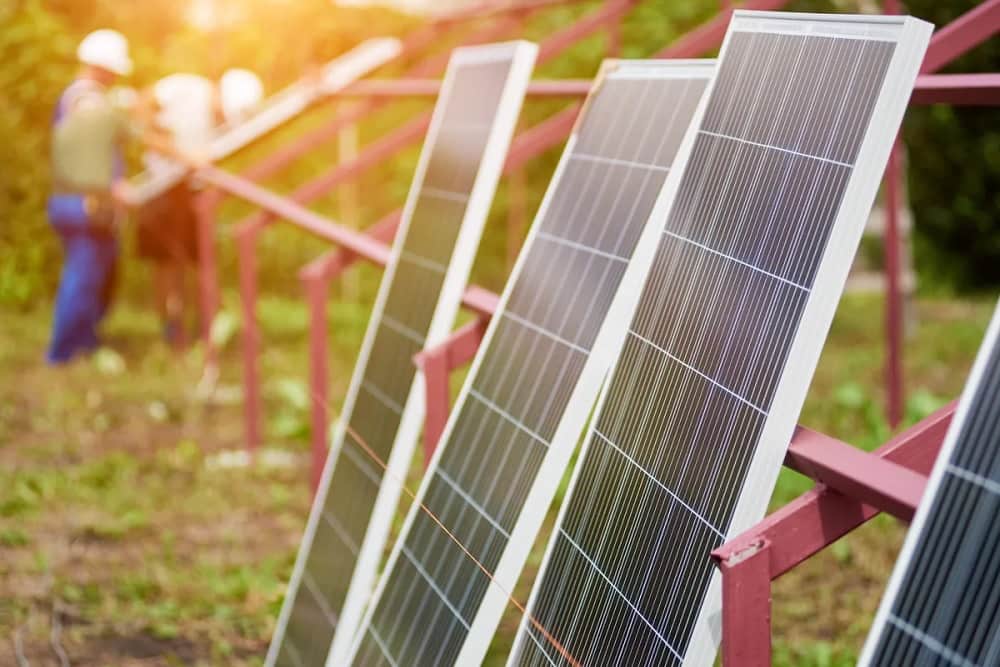Considering solar panels for your home but not sure how to finance them? Check out this comprehensive guide on the different financing options for solar panels. You’ll learn about the benefits and drawbacks of each option so that you can make the best decision for your needs.
Lease and purchase options for solar panels
Lease: A solar lease is a contract between a customer and a solar company in which the solar company agrees to install, own, operate, and maintain a solar energy system on the customer’s property. The customer agrees to pay a monthly fee for the electricity the system produces.
Purchase: A solar purchase is when a customer buys a solar energy system outright. The customer owns the system and is responsible for its maintenance.
Solar panel financing through government programs
The U.S. government offers several financial incentives to encourage the use of solar power, including tax credits, grants, and loans. Solar panel financing through government programs can help reduce the initial cost of installing a solar system, making it more affordable for homeowners and businesses.
The federal solar tax credit, also known as the Investment Tax Credit (ITC), allows homeowners and businesses to deduct 26 percent of the cost of installing a solar system from their federal taxes. The ITC is available for residential and commercial solar installations, and there is no maximum limit on the amount that can be claimed.
The U.S. Department of Energy also offers several grant and loan programs to support the development of solar energy projects. These programs provide funding for both research and development, as well as for the construction of solar facilities.
Solar panel financing through utility companies
Utility companies offer solar panel financing through solar power purchase agreements (PPAs). Solar PPAs are long-term contracts between a solar developer and a customer (usually a utility company) in which the developer agrees to build, own, and operate a solar facility on the customer’s property. The customer agrees to buy all of the electricity generated by the solar facility at a fixed price per kilowatt-hour (kWh) for the contract, typically 20 years.
Solar panel financing through banks
Solar panel financing through banks typically works by the bank loaning you the money to purchase the solar panels outright. You then make monthly payments to the bank over a set period, usually between 5-20 years. The interest rate on a loan is typically fixed, meaning your monthly payment will not change over the life of the loan.
Solar panel financing through private companies
Solar panel financing through private companies typically comes in a loan. The loan is used to purchase the solar panel system, and the payments are made back to the lender over time, usually with interest. This financing can be helpful for those who do not have the upfront cash to pay for a solar panel system outright.
Which solar panel financing option is right for you?
The best solar panel financing option for a customer depends on that customer’s individual needs and circumstances. In general, it is better to try and purchase the system outright than to lease it, as leasing will cost more in the long run. Check with your local solar companies to see what financing options are in your area. For example, a customer looking for a West Hartford CT solar installation would do better to find something like a Manchester CT solar company over a more generalized national corporation.

